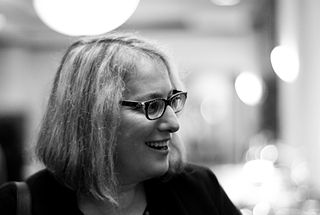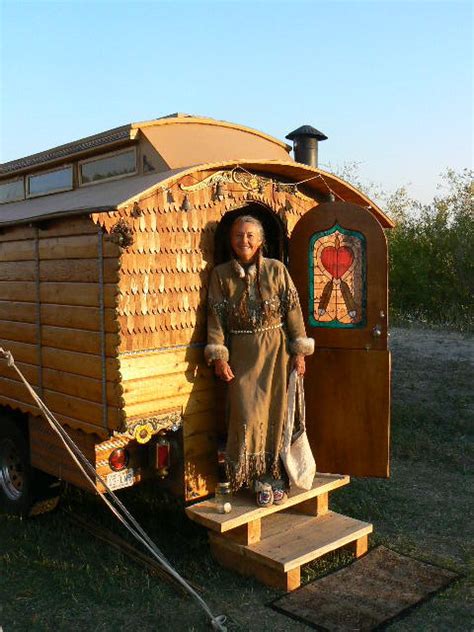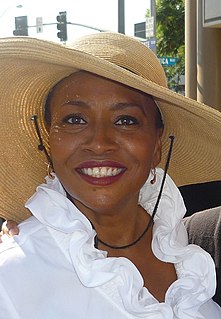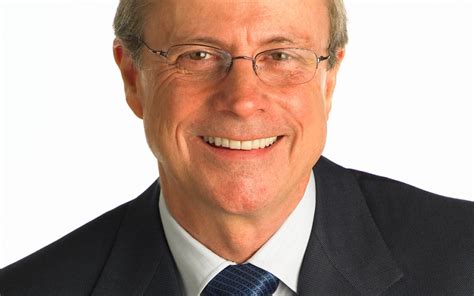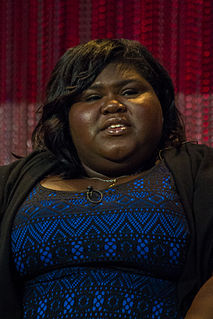A Quote by Linda Stone
When we multi-task, we are motivated by a desire to be more productive and more efficient. We're often doing things that are automatic, that require very little cognitive processing... Continuous partial attention describes how many of us use our attention today... to pay partial attention - continuously. It is different from multi-tasking.
Related Quotes
From the simplest lyric to the most complex novel and densest drama, literature is asking us to pay attention. Pay attention to the frog. Pay attention to the west wind. Pay attention to the boy on the raft, the lady in the tower, the old man on the train. In sum, pay attention to the world and all that dwells therein and thereby learn at last to pay attention to yourself and all that dwells therein.
When I speak about attention, I mean literally, "How much attention can we pay to ourselves?" As children, sometimes we cannot hold our attention for more than a couple of seconds. Over the years we are able to attend to more and more. Yet, we're seldom schooled to hold life in respect, to enlarge our ability to love, take care of, and be respectfully connected with all things around us.
There's a lot of research that indicates the brain rewards us for multi-tasking by giving us a shot of neurochemicals whenever we start a new task. Our brain rewards us even as our performance in every task degrades. We don't even notice that our performance is bad. We don't care. We feel like masters of the universe because our brain is chemically rewarding us for multi-tasking.
Pay attention to your friends; pay attention to that cousin that jumps up on the picnic table at the family reunion and goes a little too 'nutty,' you know what I mean? Pay attention to that aunt that's down in the basement that never comes upstairs. We have to pay attention to our friends, pay attention to your family, and offer a hand.
Whether for company or isolation or just to make it a pleasurable experience, I have music in my ears all the time. I tend to listen to the same things, so I don't really pay too much attention to it. But it's there, and it's nice, and I do pay more attention to it than I probably should. I think, 'How can I use this music in something?'
Attention is like energy in that without it no work can be done, and in doing work is dissipated. We create ourselves by how we use this energy. Memories, thoughts and feelings are all shaped by how use it. And it is an energy under control, to do with as we please; hence attention is our most important tool in the task of improving the quality of experience.
We usually do pay attention to our outer appearance, typically noticing whatever part of our bodies we are unhappy about. It behooves us, however, to get on very good terms with more than just the surface of our bodies as we grow older; for if we don't listen to our bodies and pay attention to our physical needs and pleasures, this vehicle that we need to be running well to take us into a long and comfortable life, will limit what we can do and who we become.
If your skin is crawling, pay attention. If something doesn’t feel right, pay attention. If the hairs on the back of your neck prickle, if your gut clenches up, if a wave of wrongness washes over you, if your heart starts beating faster, pay, pay, pay attention. Do not second-guess yourself or rationalize anything that impedes your safety. Our instincts are the animal inside of our humanness, warning us of danger.
